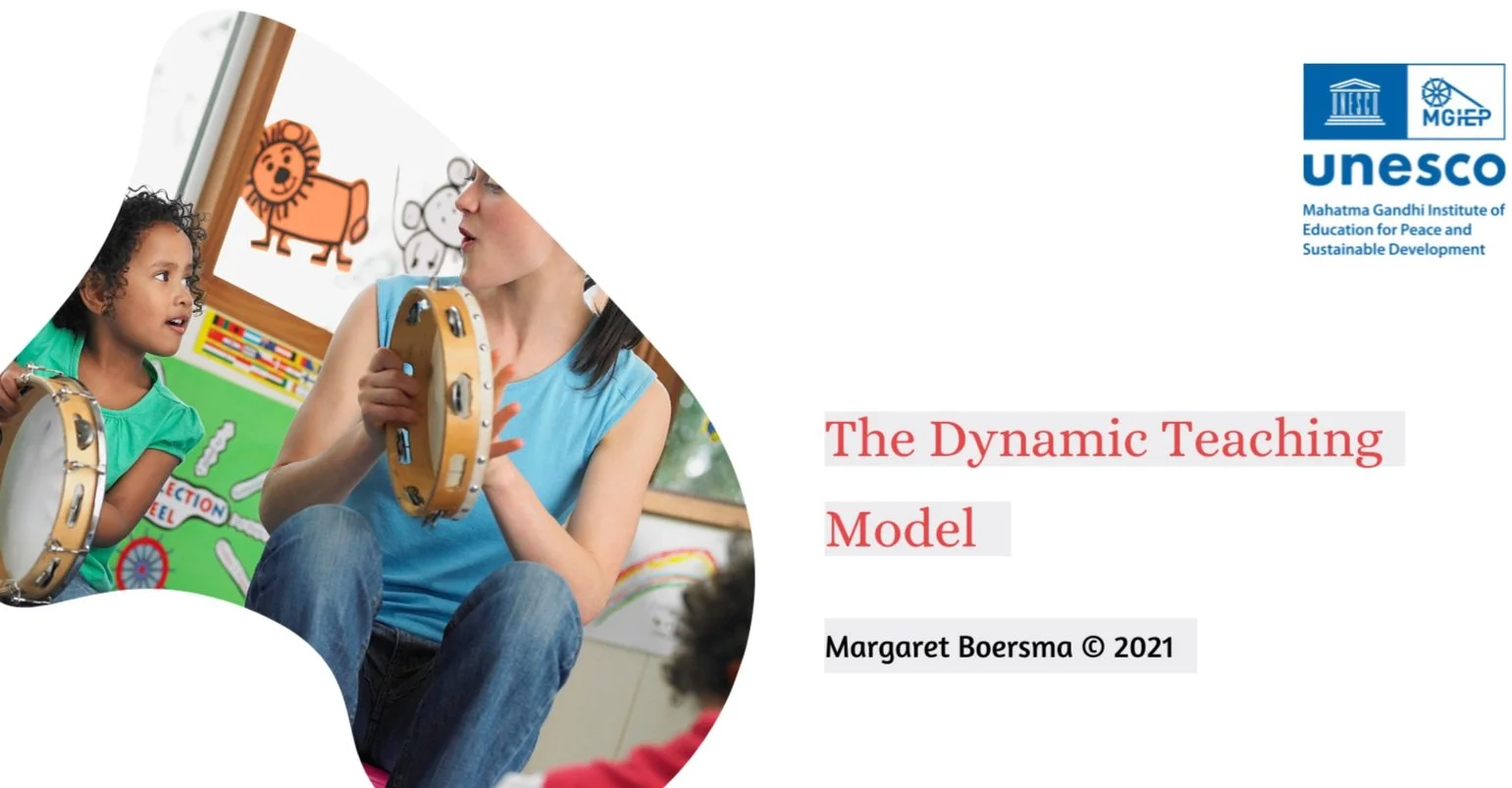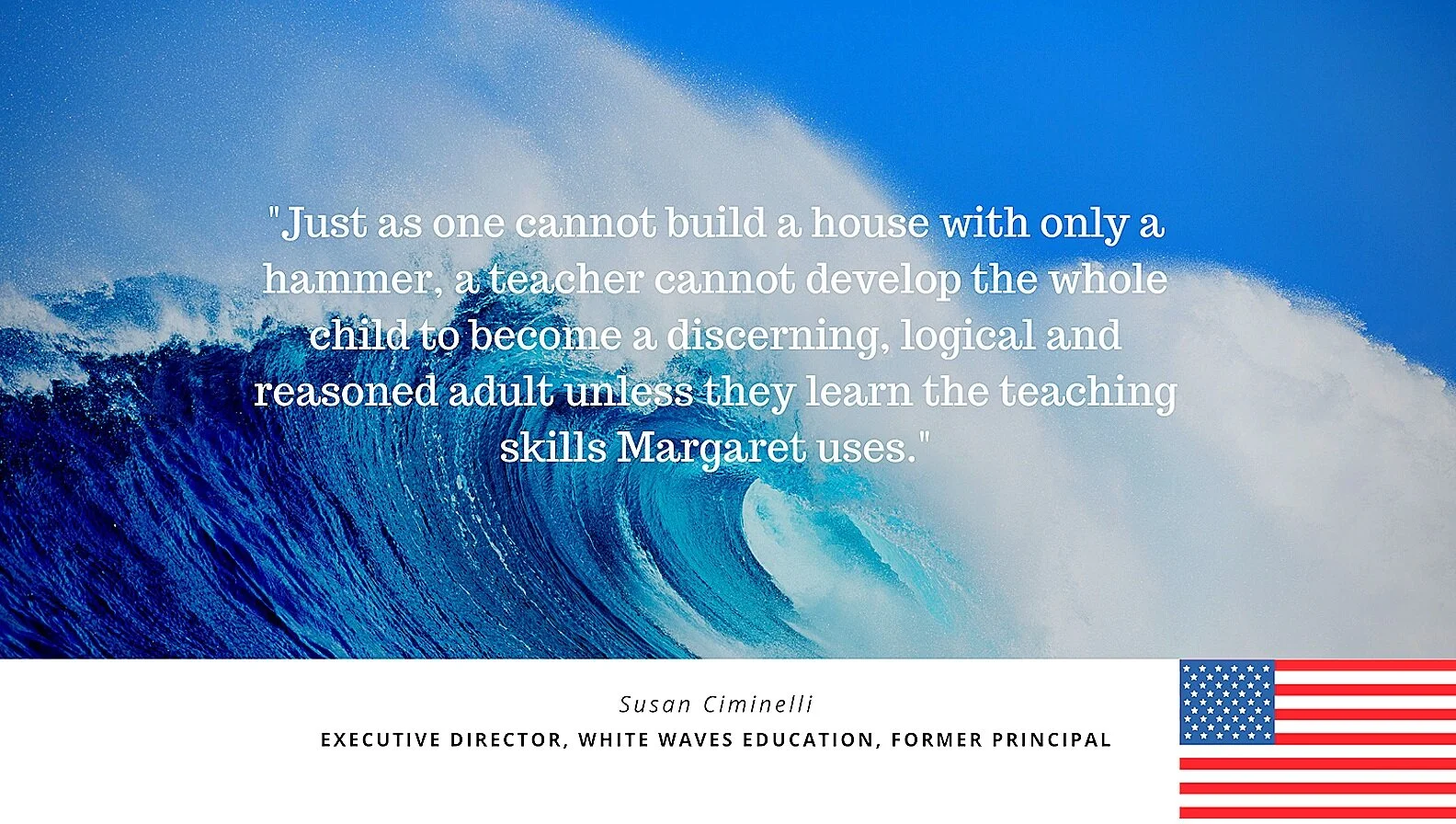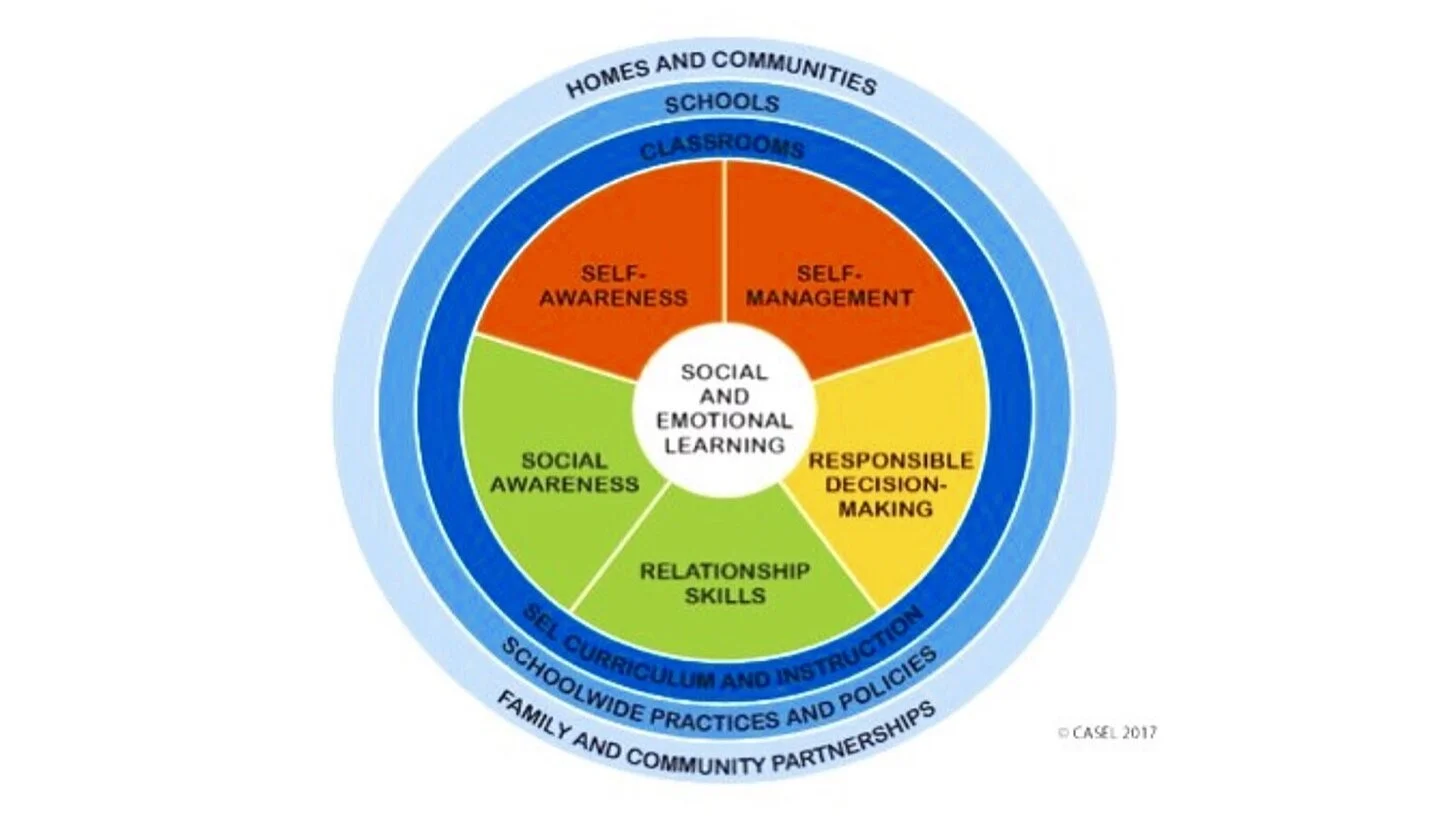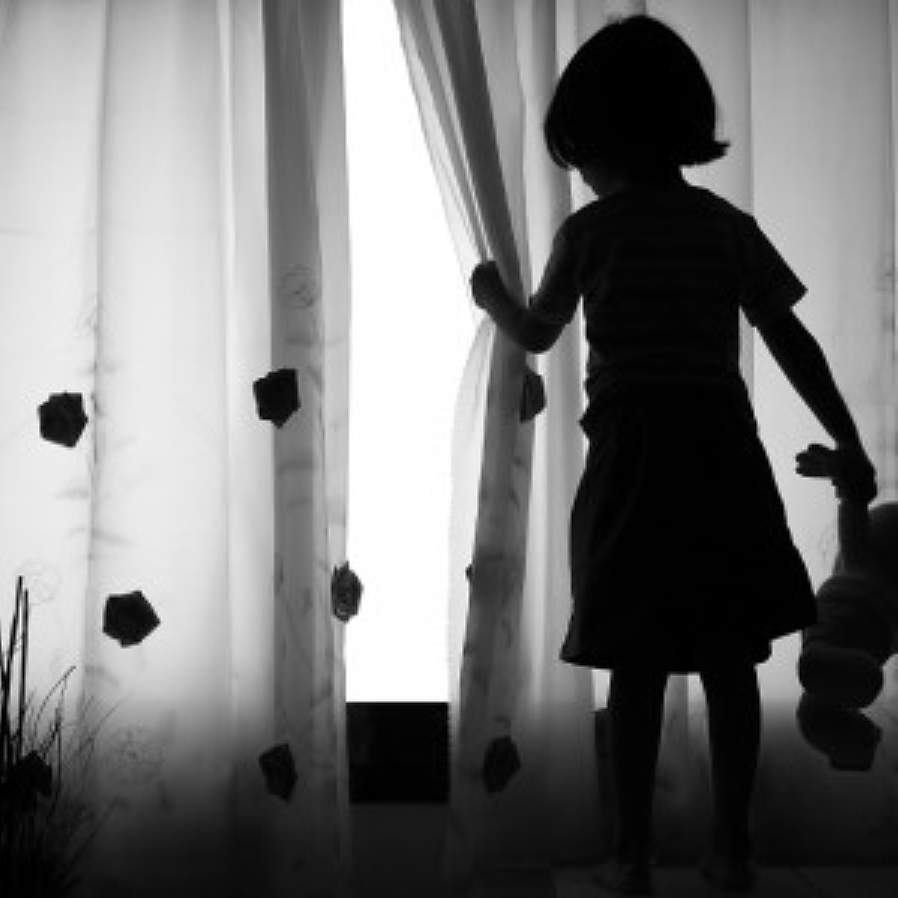Learning through games and pretending is a simple way to describe drama. Games teach the basics of focus, cooperation, collaboration, decision-making, and other 21st century skills as well as character education. This lesson is a beginning drama lesson to set up students powerfully going forward.
Read MoreHow do we teach RESPONSIBILITY? As teachers, we often complain about students who do not take responsibility for their learning. It seems difficult for them to make good choices e.g. as to where they sit and they have a bad habit of side conversations. We worry about these students and their progress. As teachers, we work very hard to make lessons compelling and spend time scaffolding and planning. And sometimes it seems we work harder than our students! We sometimes say to ourselves at points of frustration, “Well, you can lead a horse to water, but you can’t make him drink.” What if there was a way to teach responsibility?
Read MoreIn this unit: game, writing, dance, drama; Grades 2-adult. Resource: “We are the Earth” by Bobbie Kalma Cooperative Game: Atom – One Teapot: 1 chief, 2 eagle, 3 whale, 4 grizzly bear. Information: Read and discuss pages 16 – 19 of “We are the Earth” by Bobbie Kalman. Minds On: Creative Movement: In a circle, body-storm ,the grizzly bear on the land, whale in the water, eagle in the air and fire in the forest.
Read MoreDo you want a fresh start? Here, the students are reading a difficult passage. But every reader is engaged and supported. Create your own rubric with reading, oral expression and drama expectations when doing the Happy Readers Activity below.
Read MoreA grade three student says, "You mean we can be friends again after we make amistake?" Students learn the “Make-it-Right Formula" and ah-ha! moments are visible in their eyes. The thrill of those ah-ha! moments gives me great joy! And it doesn't matter if it happens with children or adults; the thrill is the same.
Read MoreIts August 1st, I am in Montreal and attending a workshop. We are in groups of 5 and it is time to open up and share stories of our childhood. I pause, I look to the corner of my mind and in an instant, Teresa my doll pops vividly into my head. “I poured all my love into that doll. She was my little precious Teresa and I loved her and she was taken from me. In an instant, my little friend was lost. ” My group of 5 develops a short play about my story. It pulls at my heartstrings as I was 5 years old when my favourite doll was so worn and ripped and then one day I couldn’t find her.
Read MoreIn this unit: game, choral reading, dance; Grades 2-adult. Resource: Poem: “I Have No Legs” (below). Music Suggestion: Kaleidoscope 2 #13 Lake Louise-Magical by Soundtrack Performance Group. Materials: 7-8 different objects in total i.e. 6 beanbags, 6 badminton birdies, 6 ties, 6 bowls, 6 cups, 6 bread tags, 6 elastics, 6 plastic forks, 6 plastic spoons, 6 pencils, 6 paper plates…
Read More
















Analogical Problem-Solving ™ is what I call teaching by living inside a story such as the Us and Them unit. Students have agency/voice to make decisions inside their class story, an analogy of life. As teachers, we carefully follow their suggestions and integrate lessons as we plan strategies that allow them to discover their learning. Students learn real-life lessons without real-life consequences. They realize at a profound level that we have so much in common. We are all connected. Ultimately the students decide war is not worth the enormous human cost. And they internalize that we are all part of the human race.